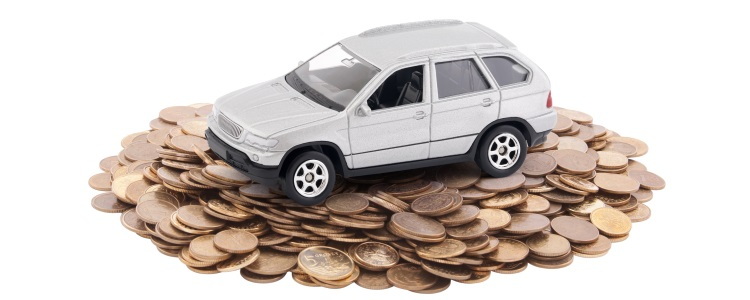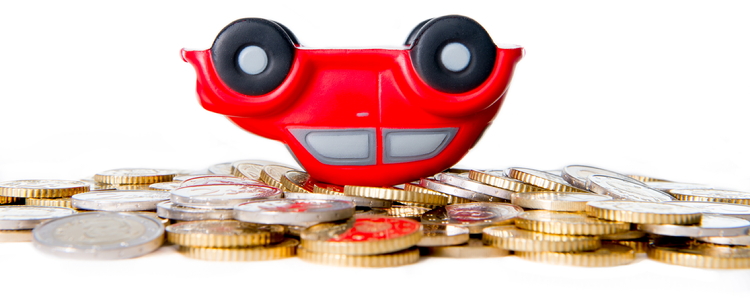Negative equity doesn't affect your ability to trade in a car as long as you can pay off your loan and the lienholder is removed from the title. However, trading in a vehicle with negative equity may cost you more out of pocket than you're prepared for.
What Is Negative Equity?
 All cars depreciate – lose value over time – and the process can't be stopped. There are a few things you can do to slow depreciation, such as taking good care of your vehicle, keeping up with regular maintenance, and avoiding putting excessive mileage on it. But when your payments can’t keep up with car depreciation, you're going to have negative equity.
All cars depreciate – lose value over time – and the process can't be stopped. There are a few things you can do to slow depreciation, such as taking good care of your vehicle, keeping up with regular maintenance, and avoiding putting excessive mileage on it. But when your payments can’t keep up with car depreciation, you're going to have negative equity.
Negative equity occurs when you owe more on an auto loan than the vehicle is worth. This can happen in many situations, but it's more common in new cars because their rate of depreciation is usually greater than older vehicles. It's also common when you have a long-term loan, when borrowing without a down payment, or when rolling over the balance from a previous loan.
Negative equity isn't usually a problem when you're planning to keep a car, and it only becomes a problem when you're trying to trade in or sell a vehicle you're still financing. Our trusted partner can help you sell your car here.
Trade-Ins with Negative Equity
When you need to trade in a car with negative equity, you have to make sure to pay off the loan. If there's not enough equity in your vehicle to cover what you owe, you're going to have to pay the difference between the car's actual cash value and the loan balance another way. This is typically done by paying in cash.
If you can't pay the difference, a lender may allow you to roll over the negative equity. This means the dealer pays off your old loan, and adds the difference to the new loan.
This may seem like a good idea if you need a vehicle, but you end up paying more in interest charges in the long run on the higher loan amount. This leads to more negative equity, usually leaving you in the same situation the next time you need a car. So, be careful if you're offered this option, especially if you have bad credit.
Your final option is to not trade in your vehicle while it has negative equity. Though it's possible, you may be better off to wait until there's equity in your car. Eventually, the depreciation should slow, and as your loan balance decreases, you should gain the equity you're looking for.
If you want to speed up this process, try making extra payments. You can do this by simply paying more whenever possible, or making payments on a different schedule. You can find out more about paying off your auto loan early here.
Need to Find a Dealership for Your Trade-In?
Now that you know how negative equity can affect your trade-in, you need to find a dealership that can help you with your next car loan. Once you're ready to trade in your vehicle for another, you need to work with the right lender for your credit situation.
If your credit isn't good, this generally means working with a subprime lender through a special finance dealer. These dealerships can be hard to spot, but Auto Credit Express can point out just where to go. We work with a nationwide network of these dealers, and we can help you find one in your area.
Begin by filling out our fast and free auto loan request form. Don't wait longer than necessary to trade in for the vehicle you're looking for! Get started today!















